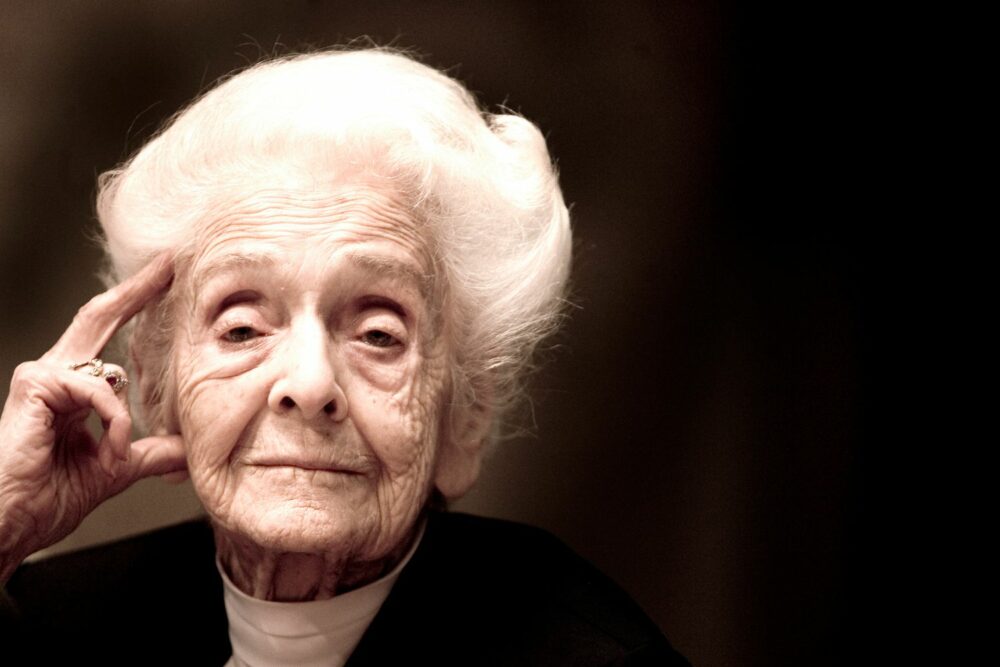From the ancient Roman astronomer Hypatia to the ancient Chinese chemist Fang, women have contributed to science from the earliest days of innovation. But many of their discoveries were ignored or dismissed during their lifetime because science was seen as the domain of men. In some cases, men took credit and received accolades for the work of their female collaborators. These are just a few brave, brilliant female scientists who overcame impossible obstacles to change the world.
Rita Levi Montalcini Set Up a Secret Lab After Being Barred From Research

As a Jewish woman born in Italy in 1909, Rita Levi Montalcini faced extraordinary barriers to success in science. Yet when she died at age 103, she was a Nobel Laureate whose discoveries in revolutionized neuroscience.Her father was resistant to his daughter pursuing education, as many fathers were at the time. She persisted and eventually graduated from medical school with the highest honors. But less than two years into her career as a research assistant, Mussoluni’s government banned Jewish people from working in professional careers. Refusing to give up her work, Levi Montalcini set up a makeshift lab in her bedroom to continue studying nerve cells in chicken embryos. This research was the basis of her most important and Nobel Prize-winning discovery in 1952.
But, before she made her historic discovery, her research was again interrupted when her family was forced to flee their home and go into hiding after the Nazis invaded their city. After the war, Levi Montalcini resumed her research, discovering nerve growth factor, a molecule necessary for nerve cell survival and tumor growth. She had an illustrious career spanning five decades, marked by multiple significant discoveries in neuroscience and cell biology. In 2001, she was appointed to the honorary position of Senator for Life in the Italian Senate. Of the many challenges that she faces, Levi Montalcini said, ”Above all, don’t fear difficult moments. The best comes from them.”
